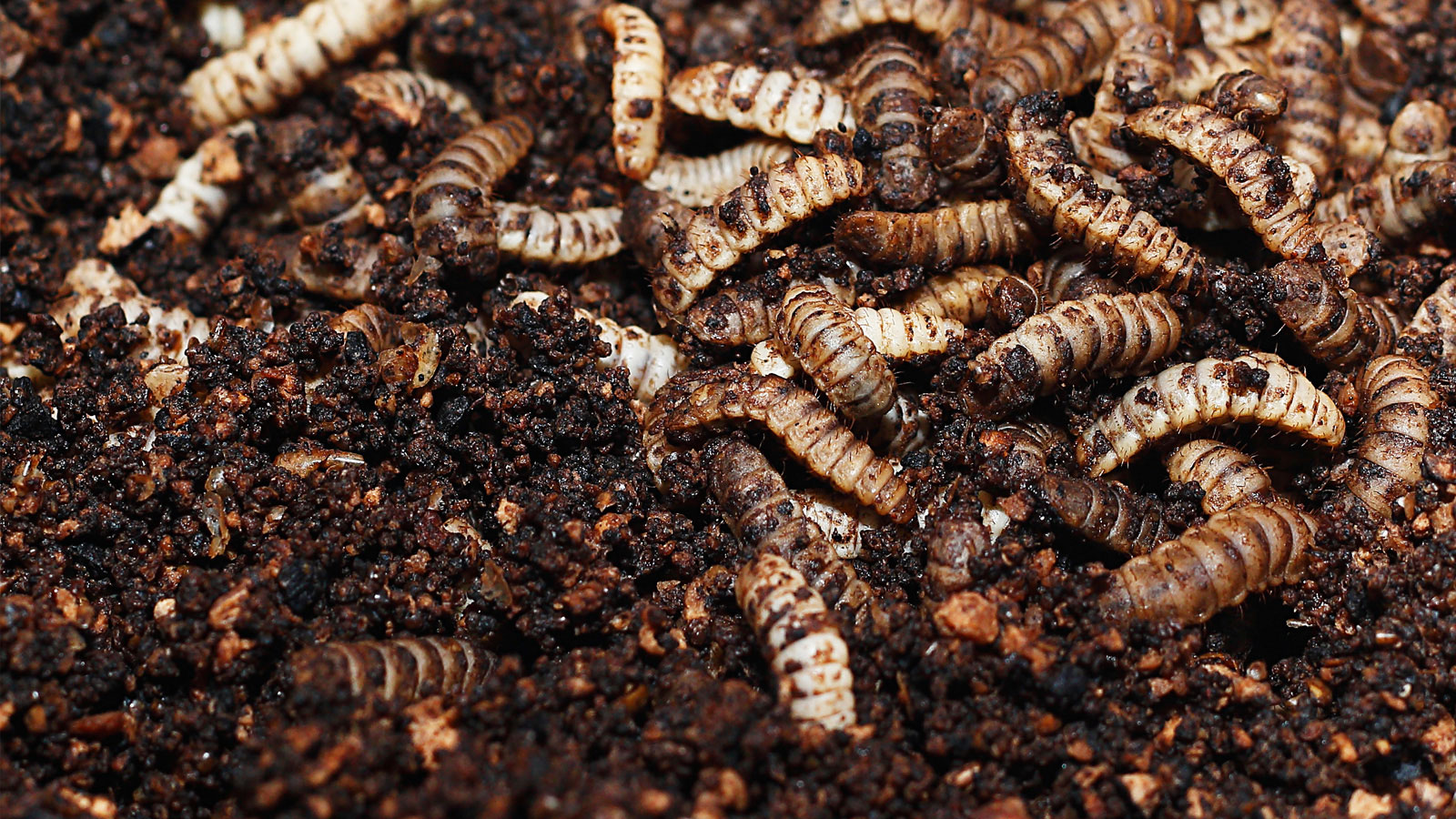Our planet is facing major challenges such as climate change, overconsumption and food waste. These problems demand our attention and action. A promising method to combat food waste is insect farming. Milgro, in collaboration with several partners, has developed a sustainable solution. In this case you will discover the potential of this approach.
The role of insects
Why are insects suitable for reducing food waste? Some organic residual streams are still not optimally utilized. This is because, due to their moisture content, contamination or low energy, they are not suitable for feeding directly to humans or to farm animals such as cows, chickens and pigs. This is where insects, such as Black Soldier Fly larvae, come in handy. They can convert low-grade leftovers into high-quality proteins and fats. What remains is also useful as a soil conditioner and fertilizer substitute.
The resource circle
Although the idea sounds good, many challenges remain. Insect farming is still in its infancy compared to other industries. This means much research is needed on the economic and ecological benefits. Also, legislation still needs to be adapted. This is why we started the project "Ucyclers. Together with partners such as NGN, Syklus, Nijssen, and Ravenfeed, we identified all challenges and opportunities and looked for solutions. Milgro contributed to setting up the 'raw materials traffic circle,' a method to optimally reuse used materials, offered insight into the origin of residual streams, supported in logistics, and evaluated the impact on the environment.
Results
Milgro's initiative has yielded great results. First of all, we learned a lot from the other partners. Through non-competitive cooperation and transparency between parties, better business cases were created than in any other situation. As a result, unexpected useful residual streams have also been found for the sector. This is because there were more opportunities for research and more knowledge about laws and regulations. Several tests show that these residual streams yield more than some current streams, which is economically beneficial for both the discarder and the recipient. Moreover, the CO2 emissions when converting these residual streams from fermentation to insect cultivation are significantly lower. In short: profitable sustainability.
Nice step toward new, sustainable opportunities
Thanks to a successful collaboration with various partners, we created a sustainable solution to combat food waste. Insects played an important role in this. By giving organic by-products a new life, we reduce our ecological footprint and remain at the forefront by exploring new opportunities, testing new possibilities and looking at new options together with organizations.
Want to know more?
 Would you like to know more about our approach or discuss the possibilities for your organization in a no-obligation meeting? Then make an appointment now with Alex van Kuilenburg, Business Developer Manager at Milgro.
Would you like to know more about our approach or discuss the possibilities for your organization in a no-obligation meeting? Then make an appointment now with Alex van Kuilenburg, Business Developer Manager at Milgro.













